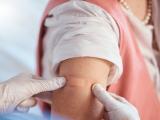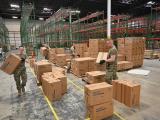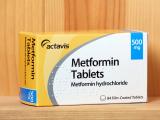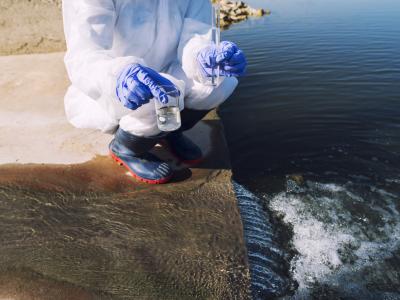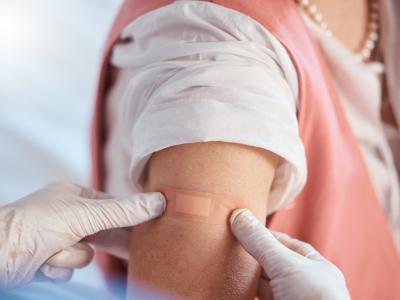With healthcare worker (HCW) burnout one of the most pressing issues facing US clinicians, a new study in JAMA Network Open indicates that Stress First Aid, a peer-to-peer support intervention, improved the well-being of HCWs compared with usual care during the COVID-19 pandemic.
The study is one of the only randomized clinical trials published on provider burnout interventions, and an editorial on the study in the same journal suggests the findings “highlight that workplace interventions in health care have the potential to make meaningful reductions in burnout and potentially lead to more robust and resilient health care institutions.”
The study enrolled 2,077 HCWs employed at 28 hospitals or clinics across the country from March 2021 through July 2022. Participants were divided into two groups, one that revived standard care and one that received a peer-to-peer support intervention from trained healthcare workers.
Recipients of the intervention were also taught to respond to their own and their peers’ stress reactions, the authors said, using seven core actions: check, coordinate, cover, calm, connect, competence, and confidence.
Younger HCWs benefitted
For every 50 HCWs trained, one "champion" at each site was selected to then learn the training and continue training new workers. The main outcomes of the study were rates of psychological distress and posttraumatic stress disorder (PTSD).
In total, 862 participants (696 women [80.7%] and 159 men [18.4%]) were from sites randomly assigned to the intervention arm, with a baseline psychological distress score of 5.86 and a baseline PTSD score of 16.11.
A total of 1,215 study participants were not treated. That group had a baseline mean psychological distress score of 5.98 and a baseline PTSD score of 16.40.
When looking at self-reported symptoms, researchers found a 4.6-point reduction (95% confidence interval [CI], −8.1 to −1.0) on the 0- to 24-point psychological distress score and a 6.8-point reduction (95% CI, −13.2 to −0.3) on the 0- to 80-point PTSD symptom score, which were clinically meaningful effect sizes, the authors said.
But an intent-to-treat analyses revealed no overall treatment effect of the intervention. Furthermore, the treatment effect was seen most strongly in HCWs 30 years and younger.
"Given that we found a significant effect in younger HCWs," they wrote. "It could be helpful to focus future studies of this peer-to-peer support intervention on trainees (eg, residents and nursing trainees) to capture HCWs at a critical point in their early professional development, as the intervention was originally implemented in its first military setting to create culture change within a large system."
It could be helpful to focus future studies of this peer-to-peer support intervention on trainees .
In a commentary on the study, Anna O’Kelly, MD, from Harvard Medical School, and colleagues wrote that the study highlights the "…importance of collegiality and mutual support in a cataclysmic crisis. On the basis of the results of their study, this may be especially meaningful for young health care workers who have yet to develop the most personally meaningful coping strategies, clinical confidence, and workplace community and networks that a longer career in health care may afford."




